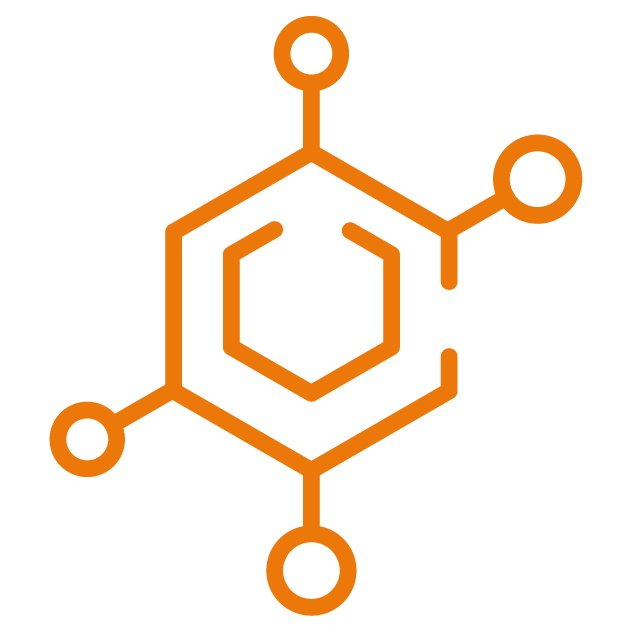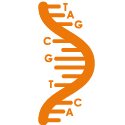Product Details
Tumor necrosis factor (TNF) is primarily produced by activated monocytes/macrophages. It can kill and inhibit tumor cells, promote phagocytosis by neutrophils, combat infections, induce fever, stimulate the synthesis of acute-phase proteins in hepatocytes, promote the differentiation of myeloid leukemia cells into macrophages, and facilitate cell proliferation and differentiation. As a key inflammatory factor, it is involved in the pathological damage of certain autoimmune diseases [1-3]. Based on its origin and structure, TNF is classified into two types: TNF-α and TNF-β. The TNF-α precursor consists of 233 amino acids, including a signal peptide of 76 amino acid residues. Under the action of TNF-converting enzyme (TACE), the signal peptide is cleaved, resulting in the mature form of TNF-α, which comprises 157 amino acid residues [4-5].
at -18˚C or below for two years
Dry ice (-70℃)

















